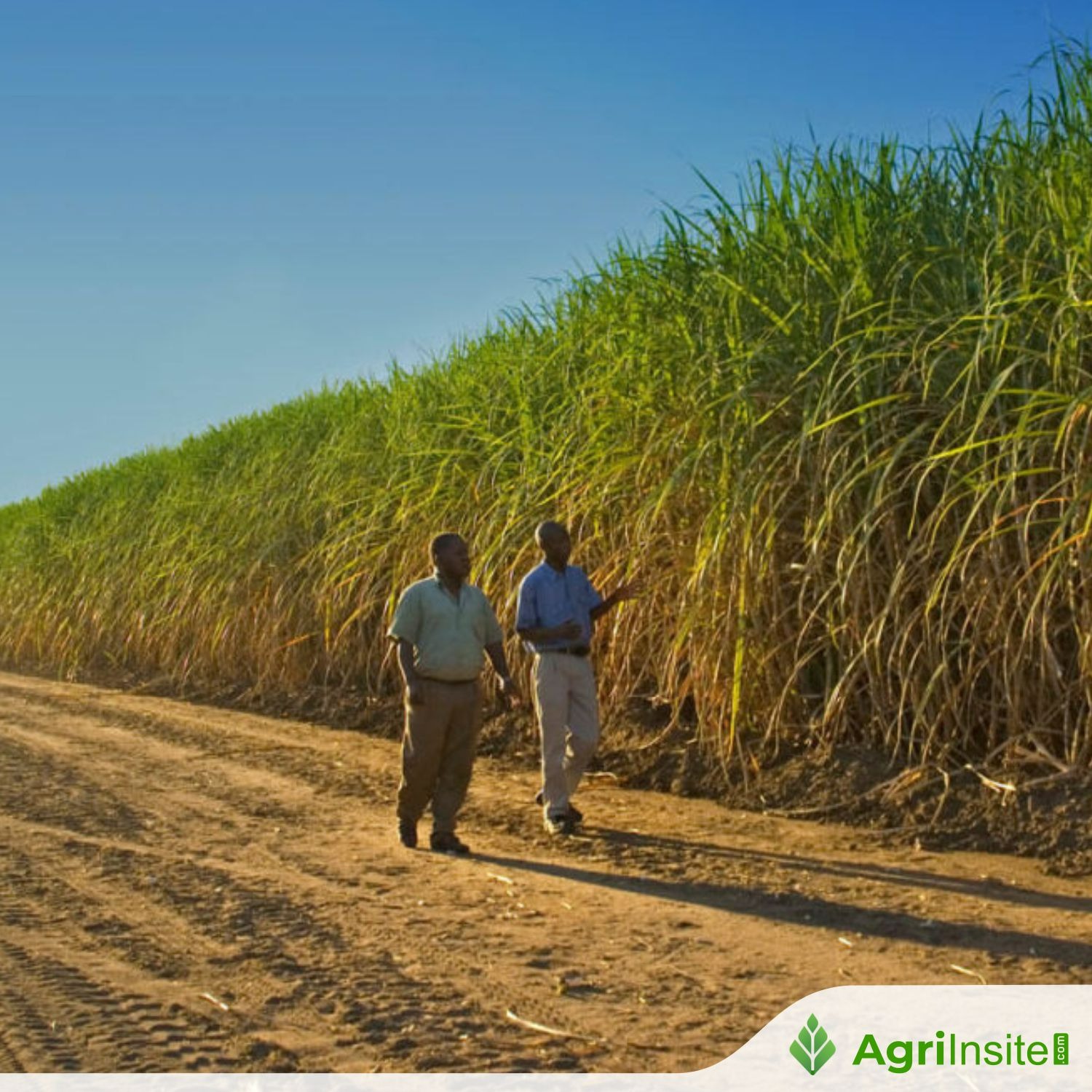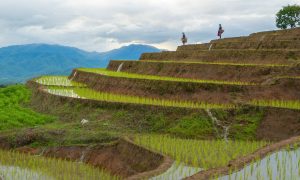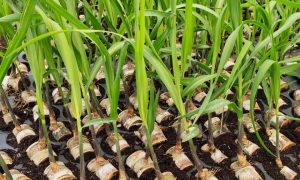Uganda takes major step towards sugarcane industry reform

The Economic Policy Research Centre (EPRC) hosted a National Validation Workshop on November 21, 2024, at Imperial Royale Hotel, focusing on the Regulatory Impact Assessment (RIA) Report for Uganda’s sugarcane sector. The workshop addressed challenges such as pricing, mill licensing, and climate change, and proposed reviewing the 2010 National Sugarcane Policy and 2020 Sugar Act to improve governance and foster sustainable growth in the industry.
KAMPALA – The Economic Policy Research Centre (EPRC) has on Thursday hosted a National Validation Workshop for the Regulatory Impact Assessment (RIA) Report on the sugarcane sub-sector at Imperial Royale Hotel. This milestone event marked a significant step towards addressing the persistent challenges facing Uganda’s sugarcane industry.
Since liberalization, Uganda’s sugarcane production and processing have made notable strides. However, the sector grapples with equitable pricing, mill licensing, governance funding, post-harvest handling, prioritizing local investors, and climate change impacts. Despite regulatory efforts, including the 2018 and 2020 Sugar Acts and the 2023 Amendment Bill, key issues remain unresolved.
Sarah Sewanyana, Executive Director of EPRC revealed that in September 2022, together with other stakeholders, they identified regulatory, implementation, and governance gaps, highlighting strained relationships between millers and farmers. To address these challenges, technical staff from various ministries and agencies convened for a two-day workshop, culminating in a proposal to review the 2010 National Sugarcane Policy (NSP) and the 2020 Sugar Act. A Regulatory Impact Assessment was recommended to improve regulatory decision-making, promote good governance, and foster sustainable growth.
The November 21st workshop aimed to disseminate the RIA report findings, policy recommendations, and conclusions to obtain national consensus. Stakeholders, including farmers, sector representatives, civil society, and media, gathered to review and provide feedback on proposed policy and legislative options.
Sewanyana, emphasized that their sugar research project identified policy and regulatory gaps.
“During our comprehensive sugar research project, we uncovered significant policy and regulatory gaps. Seizing this opportunity, we positioned ourselves to address these shortcomings,” she said, noting that, “We’re pleased to have undertaken this RIA, which will enhance the regulatory quality of the sub-sector.”
according to her, the primary objective of this regulatory reform is to enhance the overall quality of the subsector’s regulatory framework, focusing on three key areas:
- Enhancing performance
- Improving cost-effectiveness
- Strengthening legal quality
“By undertaking this RIA, we aim to create a more conducive environment for the sugarcane industry to thrive.”
To read more about Sugar Industry continue reading Agriinsite.com
Source Link : PML Daily














